LATVIJA.FM
Modern Voices: The Rise of Latvian Women Poets in the 21st Century
In the quiet cadence of contemporary Latvian literature, a powerful chorus of female voices has emerged—bold, intimate, and unflinching. These poets are reshaping the landscape of national poetry with works that explore gender, identity, politics, and the weight of history through a lens rarely granted prominence in the past. Writers like Inga Gaile and Anna Auziņa are not merely contributors to modern Latvian poetry; they are innovators, activists, and witnesses to a changing world. Their words resonate far beyond the page—offering truth, resistance, and deep emotional clarity in a society still learning to listen.
Breaking Through the Canon: A New Literary Dawn
For much of Latvia’s literary history, the poetic canon has been dominated by male figures—celebrated for their lyrical romanticism, philosophical introspection, or political martyrdom. But since the turn of the 21st century, a visible shift has occurred. A new generation of women poets has not only gained a foothold in the national conversation but has also become central to it. Their work often defies convention, blending the personal with the political, the intimate with the historical, and the traditional with the experimental. These voices are not a fringe—they are the pulse of Latvian poetry today.
Inga Gaile: Poetry as Protest and Healing
Among the most influential of these new voices is Inga Gaile—a poet, playwright, novelist, and activist. Her poetry brims with fierce compassion and quiet rage, often centering women’s bodies, trauma, and silence. Gaile does not shy away from difficult subjects: mental illness, misogyny, and societal hypocrisy find equal space alongside lyrical reflections on motherhood and memory. Her collections such as Laiks bija iemīlējies (Time Had Fallen in Love) and Kūku Marija (Cake Mary) challenge readers to sit with discomfort—and to see it as truth. Beyond the page, Gaile has been a staunch advocate for LGBTQ+ rights and women's equality, bringing poetic ethics into the public sphere.
Anna Auziņa: The Personal Made Mythical
With a tone at once earthy and surreal, Anna Auziņa has carved a unique niche within Latvian letters. Her poems are rich with symbolism, yet grounded in the messiness of daily life—filled with cats, lovers, rain-soaked cities, and kitchen-table revelations. In works like Annas pūra govs (Anna’s Dowry Cow), Auziņa weaves folklore and childhood memory with postmodern irony and longing. She offers glimpses into the soul’s internal dialogue—poetry that feels like eavesdropping on one’s own subconscious. Her visual art background also informs her poetic lens, turning each verse into a frame, each stanza a layered canvas.
A Chorus of Emerging Voices
Gaile and Auziņa are not alone. Katrīna Rudzīte, Maira Dobele, and younger voices such as Lote Vilma Vītiņa are extending the reach and rhythm of Latvian women’s poetry. These writers bring fresh perspectives to ecological grief, queer love, urban loneliness, and digital identity. Many are also multilingual or translate poetry from other languages, creating a dynamic exchange between Latvian and global poetics. In a country where the weight of history is ever-present, these women are building new traditions—ones that speak to the present without being imprisoned by the past.
Publishing, Platforms, and Performance
The rise of Latvian women poets has also been buoyed by greater access to independent publishing, literary festivals, and spoken word platforms. Anthologies like Six Latvian Poets and events such as the Poetry Days Festival have created space for female authors to be read, heard, and celebrated on equal footing. Digital publication and translations have also helped bring these voices to international audiences. Gaile’s works, for example, have been translated into English, Swedish, and Russian, ensuring their resonance beyond Latvia’s borders.
Rewriting the Future
The poetry of Latvia’s women today is not merely an aesthetic achievement—it is a cultural reckoning. It dares to ask what has been excluded from the story of the nation, and what remains to be told. These poets are not only redefining what Latvian poetry sounds like—they are redefining who it is for. Whether drawing from the deeply personal or addressing collective wounds, their verses create space for empathy, recognition, and transformation. In doing so, they offer a mirror to a nation—and invite us all to look more closely.
